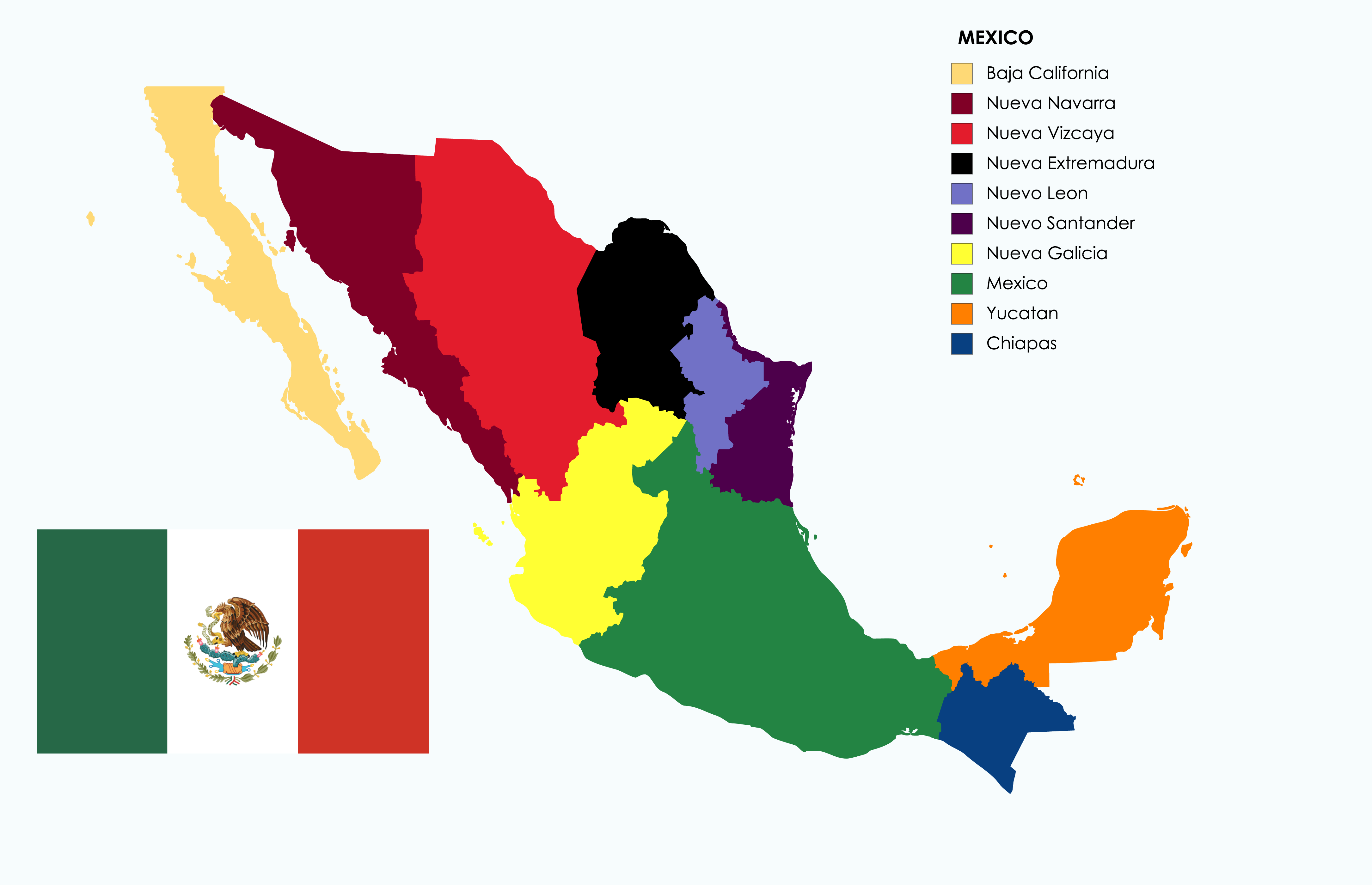Unit 3 Overview: Political Culture & Participation
3 min read•june 18, 2024
I
Isabela Padilha
K
Kelly Cotton
AP Comparative Government 🗳️
90 resourcesSee Units
Unit 3 will start to deal with the role of people 👥 in balancing the power dynamics of politics. In Unit 1 we talked about the concept of Democratization and now we will look at the role of society in this process. One of the big questions that you should attempt to answer while reading this unit is: Why might a country discourage participation? Why might it encourage it? It all depends on the degree of democratization of each nation and how much power governments want to grant to their people.
We should begin with a quick overview 👀 of what you should be expected to know and demonstrate at the end of this unit. All-in-all, this unit is about people 👨👧 and their relationship with the state. 🗾 You also need to explain what influences the relationship between the state and its people. 💱
Unit 3 Key Topics
Civil Society
Define and describe this term. Think about: things people involve themselves in, voluntarily, that are NOT part of the government. You also need to describe what the role of civil society is in each of the course countries (UK, Russia, China, Iran, Nigeria, and Mexico). Examples of civil society include nonprofit organizations, advocacy groups, charities, grassroots movements and community-based organizations.
Political Culture
Explain what influences political culture (collective values and beliefs of the people) and how it influences people and the state. Examples of political culture is the idea that all Iranians 🇮🇷 must abide by the sharia law to be considered good citizens.
Political Ideology
Define ideology (set of beliefs and values about government) and explain how ideology impacts the relationship between the people and the state. For example, the principles of collective property and class struggle that are the foundation of the CPC in China 🇨🇳.
Political Values and Beliefs
Explain how political values and beliefs on the part of the people and the state impact policymaking. Examples of political values is the idea of democracy and federalism in Mexico 🇲🇽 after the country's revolution, and the state laws must reflect those principles.
Nature and Role of Political Participation
Explain the way a regime uses power and authority to support or suppress its citizens and establishes a balance between order and individual liberty. For example, in Iran political participation by women looks a lot different than in other nations, due to their history of gender inequality.
Forces that Impact Political Participation
Explain how political participation affects and is affected by democratic or authoritarian regimes. For example, in Iran, religion, most specifically Islamism, has a greater force in the political processes than in the UK.
Civil Liberties and Civil Rights
Explain the extent to which regimes protect or restrict individual rights and liberties.
Political and Social Cleavages
TOUGH Concept Alert! 🚨 This is a topic that many students have difficulty with, so we want to make sure you understand cleavages before we move on from this unit:
The simplest way to describe a cleavage is as an internal division within a country that can be based on a number of different factors or combinations of factors. Examples of factors include race, ethnicity, religion, or territory. In addition, there is an expectation that you also describe how governments attempt to ensure stability despite the challenges of social and political cleavages. In Mexico, each state/region represents a different part of Mexican history and culture. We will learn about it more in depth in the next topics:

One thing to point out about this unit is that the focus is on citizens, which is a new topic, but ideas like regimes, state, and political participation are not new. There is always an expectation on part of the AP Exam that you are able to compare course countries, and in this unit that means being able to compare the role of civil society and citizen participation in politics. Keep in mind that the types of regime (democratic or authoritarian) highly affects political participation, and you must be able to elaborate on these comparisons!
Browse Study Guides By Unit
👑Unit 1 – Political Systems, Regimes, & Governments
⚖️Unit 2 – Political Institutions
🙋♀️Unit 3 – Political Culture & Participation
🐘Unit 4 – Party, Electoral Systems, & Citizen Organizations
🏗Unit 5 – Political & Economic Changes & Development
🤔Exam Skills
📚Study Tools

Fiveable
Resources
© 2025 Fiveable Inc. All rights reserved.